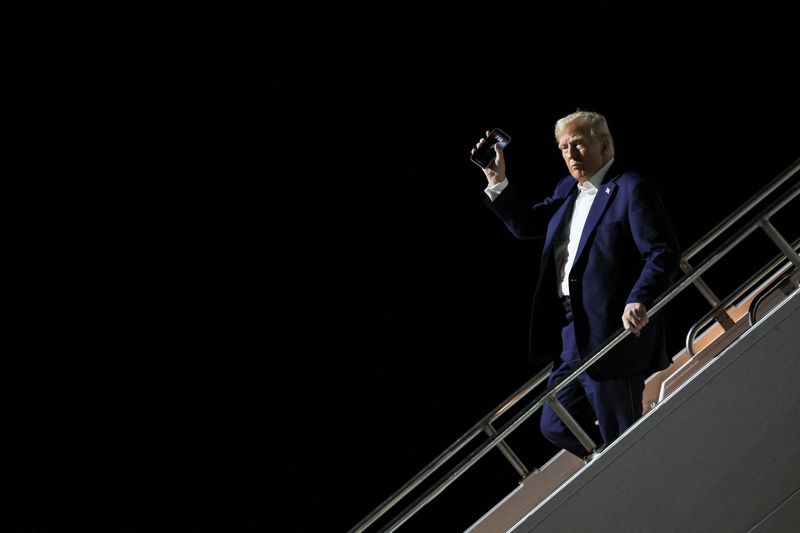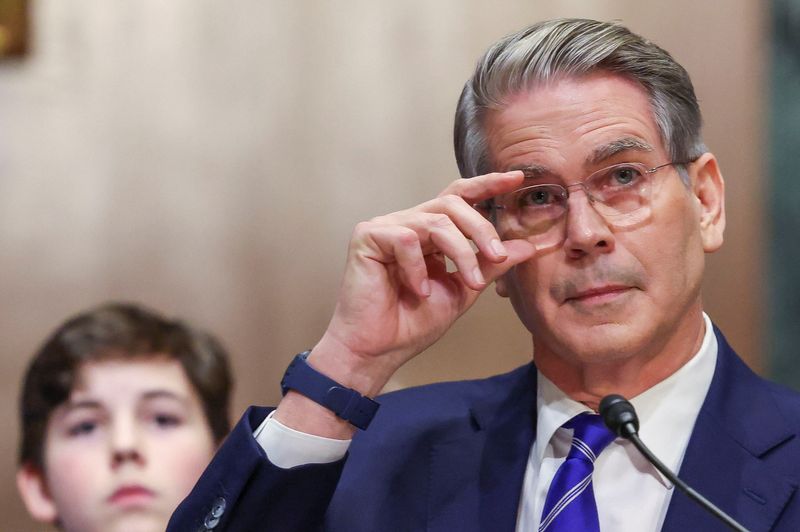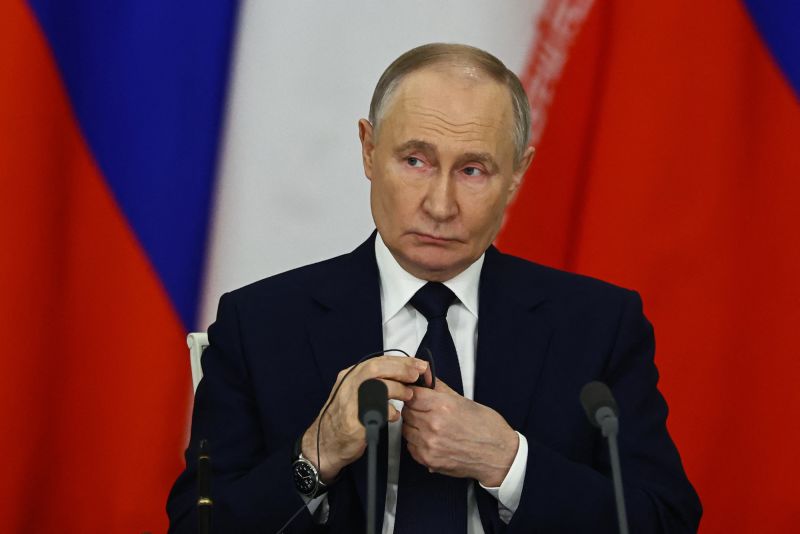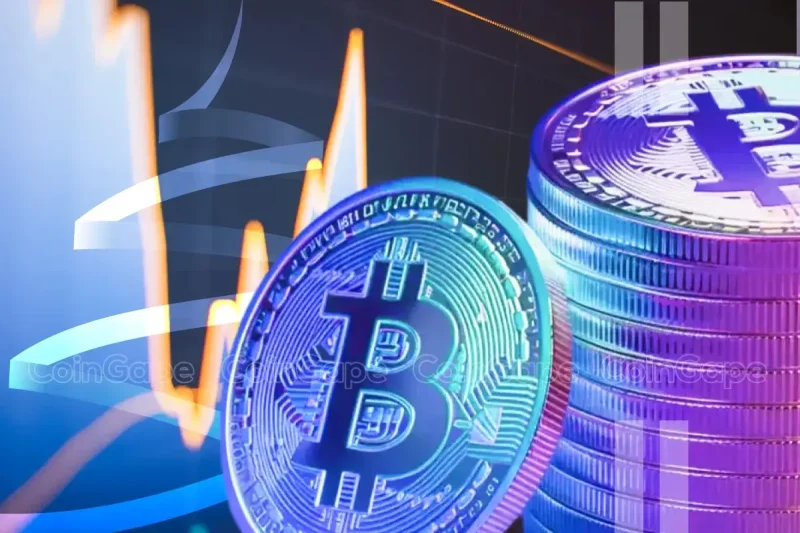Surging equity markets to persist, but ignoring risk of inflation poses big threat
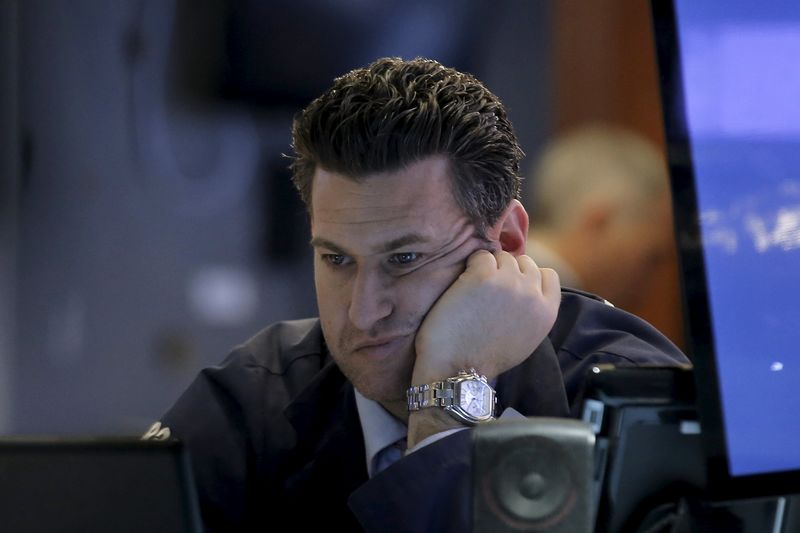
Investing.com — Surging equity markets look set to persist, supported by solid U.S.-led economic growth, but this growth is likely to come at the cost of higher inflation, with risks skewed to the upside in the U.S. as President Trump pursues his plan for higher trade tariffs.
In the absence of clarity on U.S. trade policy, “risk-on should persist,” strategists at MRB Partners said in a Friday note, underpinned by solid U.S. economic growth and gradually strengthen in the rest of the world. But the downside of this economic outlook is that “it will put a floor under DM [developed market] inflation (and bond yields), with the risks tilted to the upside in the U.S.,” they added.
While Trump’s recent remarks have many breathing a sigh of relief as the president didn’t come out swinging on day one in office, “President Trump made clear during his campaign that tariffs were coming, and he has spent his first week issuing a number of statements about upcoming tariffs and other trade restrictions (and taxes, etc.),” the strategist said.
Despite MRB Partner’s base-case scenario that U.S. tariffs will be applied “selectively and moderately,” trade restrictions are likely to lead to higher inflation just as they did during the first Trump administration.
While the economic picture for the U.S. in the 2025 is far more comforting than that of 2017 –when Trump first took office and the U.S. was still struggling with a negative output gap, which was deflationary– the inflationary backdrop is more acute increasing the risk the spillover from higher tariffs to inflation will be greater this time.
“The U.S. economy is more inflationary and wage pressures much greater than in the late-2010s, so the spillover into other areas of the CPI basket will be greater this time,” MRB said.
The big worry, according to the strategists, is that U.S. and global financial markets are “not priced for such an outcome, and not by a long shot.”
“U.S. asset prices and the dollar are both discounting a good economic outcome, yet such growth is somehow not expected to cause higher inflation,” they said. Should this outcome become a reality and Treasury yields break to the upside, then investors will need to de-risk, they added.
